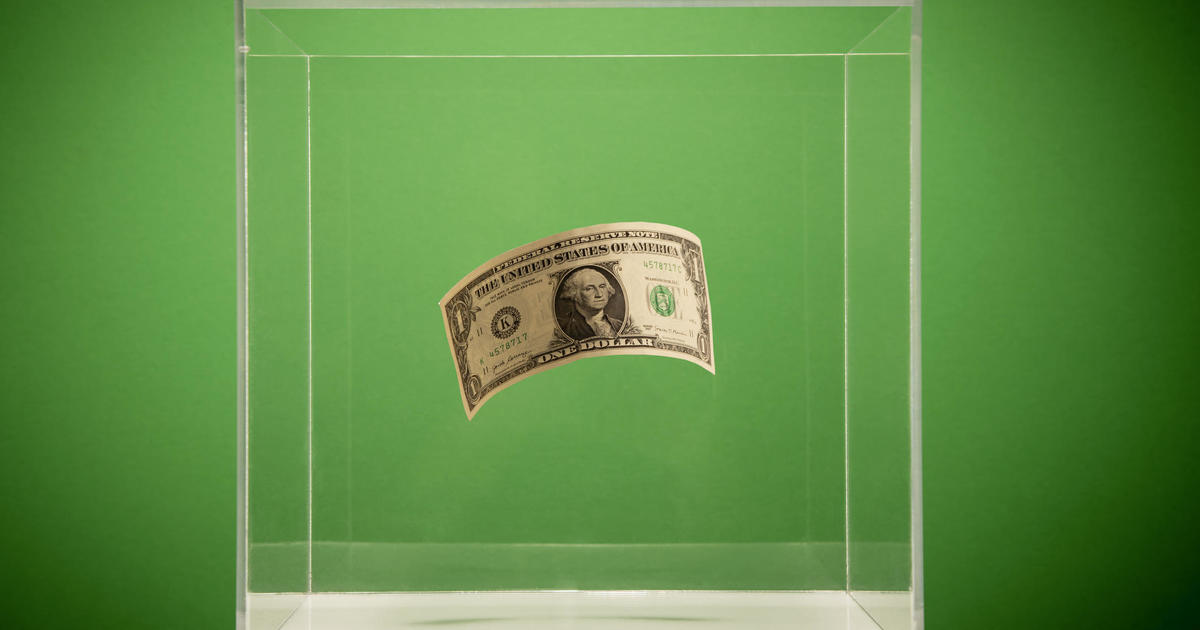Tax refunds so far this year are down by $6 billion from 2018
Individual tax refunds this year have been only slightly smaller than last year, but those shortfalls are adding up. At the end of last month, the amount of money the government refunded was $6 billion below this time last year, according to IRS figures.
As of March 29, the Treasury had issued 71.8 million refunds. This time a year ago it had issued 73.4 million. So while the average refund, at $2,873, is only $20 less than it was last year, about 1.6 million fewer people are getting refunds, the IRS said.
That shrinking pot of money is showing up in surprising ways, including through lower retail sales. Many families use refunds as a forced saving mechanism, as their IRS refund is often largest single check they receive all year. In the weeks after receiving a refund, families tend to splurge on large purchases such as furniture or appliances; credit-card payments and travel, a JPMorgan Chase study found.
Lower refunds don't mean Americans paid more taxes—quite the opposite. Most workers paid less in taxes last year and saw higher take-home pay week in and week out. But for many Americans, a slightly higher paycheck doesn't quite have the same visibility as a single $3,000 check in March or April.
"I think people are busy, maybe they get direct deposit, they're not paying attention and they feel like they have so much in taxes coming out anyway ... they don't necessarily notice a difference in the net pay. Especially if it's spread out over 26 pay periods," said Steven Zelin, a CPA based in New York.
With another two weeks left to file taxes, the general trend could shift. But it's unlikely that average refunds will go up, tax pros say. That's because the people who tend to file their taxes later in the season are the ones who know they owe money.
"Generally speaking, folks who expect a refund will file early, but folks who expect to pay file late," said Ivan Havrylyan, a Chicago financial planner.



